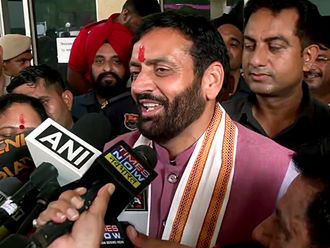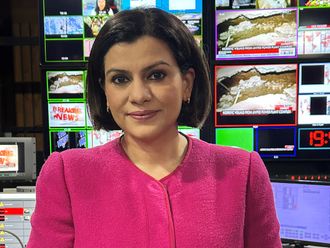Unemployment is a ticking bomb that helped fuel the recent political turmoil in the Middle East — otherwise known as the Arab Spring — that toppled a number of regimes last year. However, a year after the turmoil, the youth unemployment rate in the region remains at 26.2 per cent — one of the highest in the world.
A society cannot move forward keeping more than a quarter of its young workforce out of jobs. The governments in Middle Eastern countries, including those in transition after the Arab Spring, should work closely with the private sector to unlock econ-omic potential and help attract investment that will create jobs.
The Middle East has been blessed with vast natural resources and human talent. It is the birthplace of some of the richest civilisations. It has given the world algebra, chemistry and simple solutions to complex mathematical problems.
With rich literature, heritage and culture, the region has presented the world with three religions that have been embraced by the majority of mankind. Its leaders have spread their cultures and spheres of influence to Europe and South Asia — at one point of time.
Yet it seems that the present leadership of the Middle Eastern countries, with a few exceptions such as the UAE, have forgotten their past successes and their basic duties to citizens — to provide decent food, shelter, education, health care and employment. These are not too much to ask, especially for a region that is so rich.
These governments should start looking at opening up avenues of economic opportunities by relaxing restrictions, reducing red tape and developing institutions to fast-track finance facilities for start-up companies. Governments could also start attracting investment from wealthy Arab neighbours to help tap these opportunities.
The latest United Nations report is another eye-opener. Inaction could prove costly.








